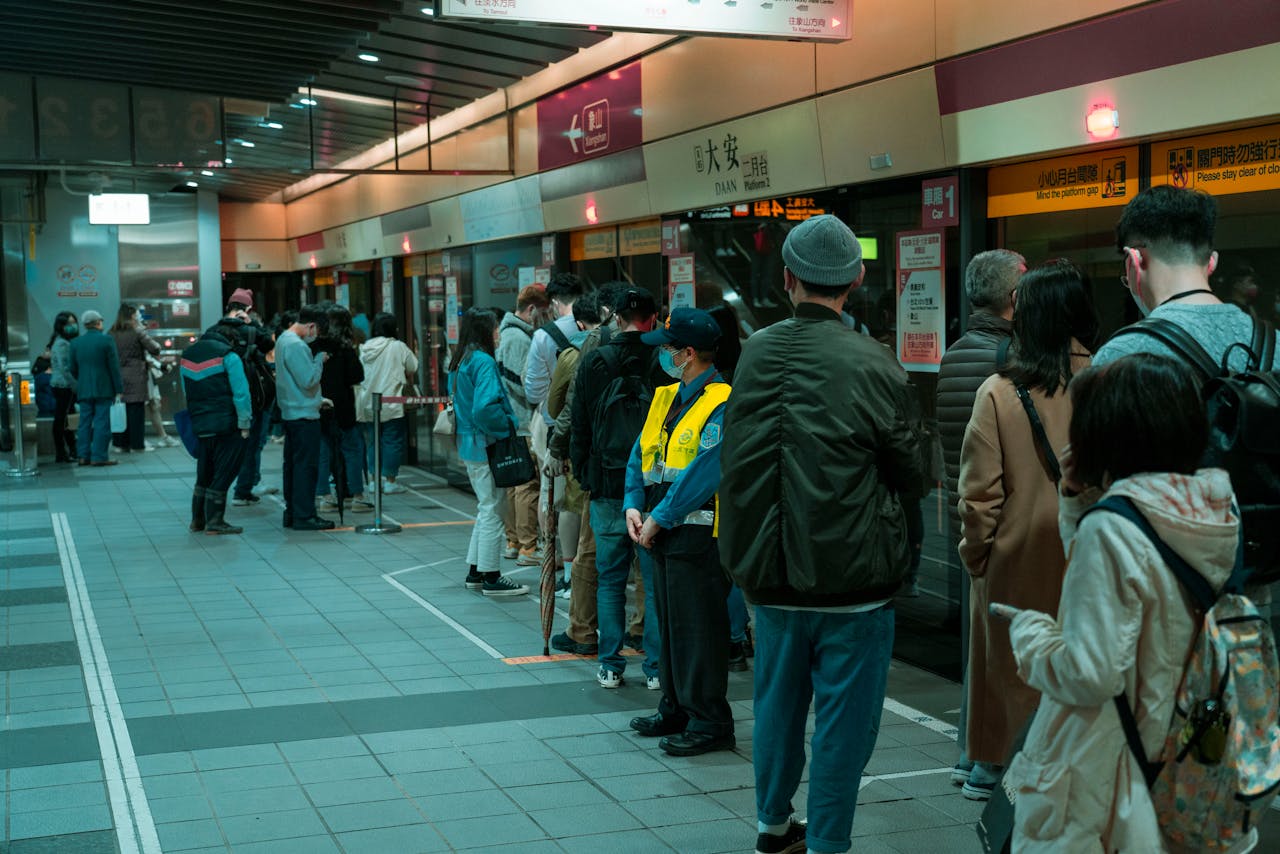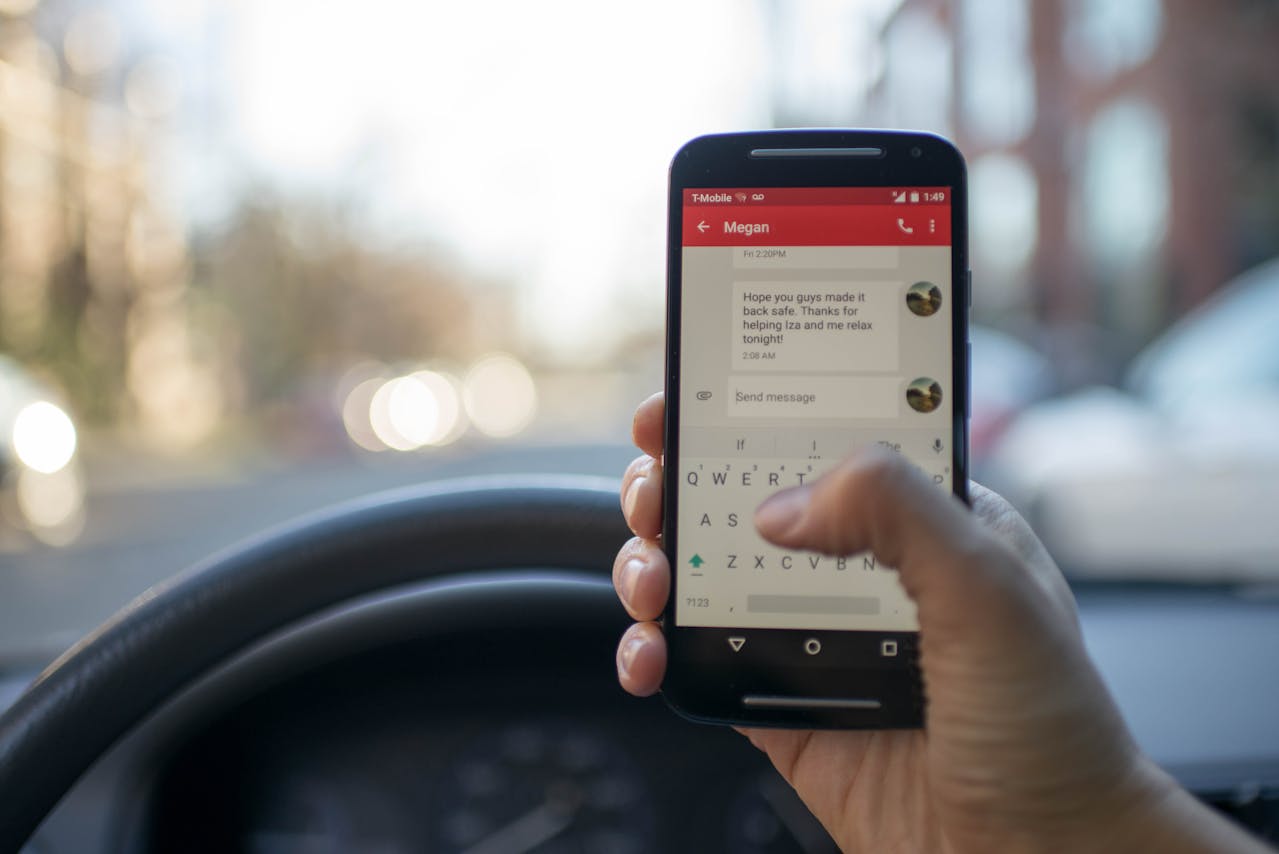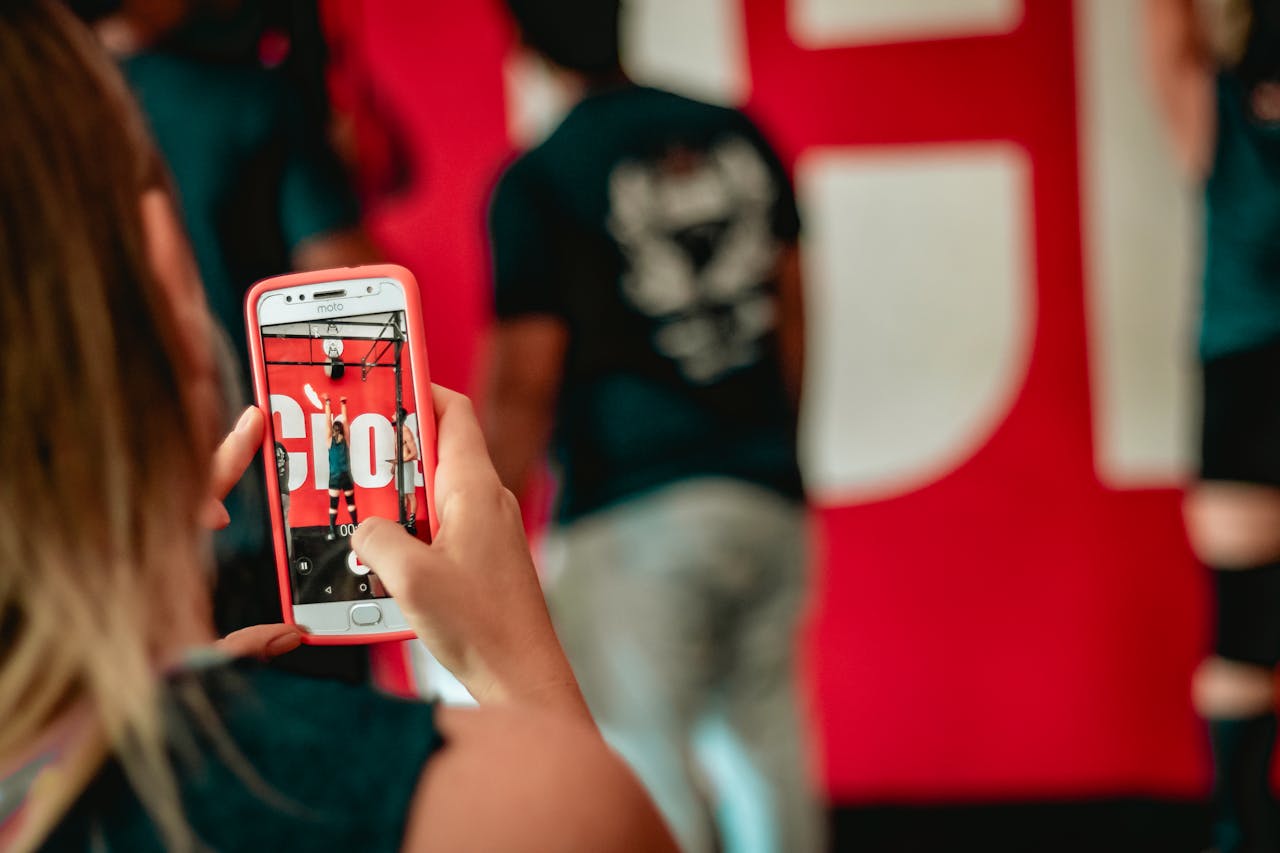Social norms shift, but some habits irritate with remarkable consistency. People notice when private convenience turns into public cost, when courtesy gets treated like an optional extra, and when rules bend around confidence rather than fairness. This list isn’t a trial. It’s a clear, human look at patterns that reliably read as entitled, plus the reasons they grate. Context matters, but the throughline is simple: one person takes more than the shared space allows and everyone else pays for it.
Holding Up Lines For Just One More Thing

Lingering at the counter after paying and stacking fresh requests signals that one person’s time outranks everyone else’s. Staff must pause, rework the flow, and watch the room tighten. Small add-ons multiply during rush periods and morph into delays that feel personal to those waiting. The behavior reads as entitlement because the commons here is pace. Claiming extra minutes without consent moves the cost from one person’s schedule onto dozens of strangers.
Blasting Speakerphone In Public

Speaker calls in trains, cafes, or parks turn shared space into an unwilling audience. The message is blunt: ambient sound exists for private broadcast. Headphones are easy, so skipping them looks deliberate. Volume is only part of it; the real friction is being drafted into a conversation without choice. Sound has borders even when walls do not, and breaking those borders announces that a single comfort outweighs everyone else’s quiet.
Treating Staff As Props, Not People

Snapping fingers, avoiding eye contact, or addressing workers only by role flattens people into functions. It implies status grants a pass on everyday respect. Research on service interactions shows small courtesies shape outcomes, while disregard spreads tension to nearby guests. The move reads as entitled because it firms up a one-way hierarchy where patience flows to the customer and dignity stops at the counter. Basic acknowledgement restores the balance instantly.
Taking Two Parking Spaces To Avoid Dings

Straddling lines protects a car but converts scarcity into stress for everyone circling the lot. In dense areas the extra space taken isn’t just visual; it becomes minutes lost, tempers raised, and plans delayed. The choice broadcasts that personal property merits a wider buffer than community access. Most drivers accept risk as part of parking. Claiming double real estate shifts that risk onto others and labels the claim as special.
Cutting Lines With Vague Excuses

Sliding ahead with a quick question promise turns social hesitation into leverage. It rarely takes seconds, and even when it does the breach lingers. Queues work because strangers agree to a simple sequence. Breaking it without explicit permission converts courtesy into a loophole for the assertive. Emergencies happen and people accommodate them. Routine line cuts erode trust in small civic rituals that make crowded places bearable.
Expecting Unpaid Labor From Friends

Favors that expand into ongoing roles without clear limits blur friendship with free staffing. Gratitude fades, scope creeps, and opportunity costs pile up for the person supplying skill. Professionals manage calendars where yes to one thing means no to another. The pattern reads as entitlement when the request assumes access rather than asks for it, and when a polite no triggers pressure. Boundaries keep both the work and the bond intact.
Reserving Shared Seats With Personal Items

Saving rows of chairs with bags claims more area than a single person needs, especially in busy gates, libraries, or event halls. The effect is visible and immediate: present people stand while absent people hold rights. Short windows exist for practical reasons, yet prolonged placeholders turn public seating into private territory. The entitlement tag sticks because the benefit accrues to someone not there while the cost lands on those already waiting.
Returning Items Excessively After Use

Buying, trying, and frequently returning nondefective goods turns flexible policies into free rental programs. Processing and wear don’t vanish; they roll into prices and workloads others shoulder. Generous returns exist for fit and defects, not content creation or event outfits. When patterns become serial, staff notice and systems strain. The behavior reads as entitled because it exploits safety nets designed for exceptions and converts them into routine perks.
Treating Group Plans As Flexible For One

Chronic lateness, last-minute venue changes, or budget shifts that match a single taste make collective time orbit one calendar. People adapt now and then, but constant recalibration drains goodwill and momentum. Coordination is a shared asset built with messages, maps, and patience. Rewriting it often broadcasts that others will absorb the friction. The issue isn’t preference; it’s the expectation that convenience for one becomes labor for many.
Demanding Instant Replies At All Hours

Pinging repeatedly and expecting immediate responses treats other people’s attention as on-call property. Time zones, caregiving, and deep work don’t vanish because a notification lands. Modern etiquette accepts delayed replies as normal unless urgency is explicit and mutual. Entitlement shows when silence of minutes triggers pushy follow-ups or guilt. Clear timelines and subject lines work better than pressure and keep respect intact across different rhythms.
Using I’m Just Honest To Excuse Rudeness

Branding harsh remarks as plain truth reframes dominance as virtue. Honesty has value; harm does too. Feedback lands best when it addresses behavior, names impact, and chooses timing with care. Dropping barbs and calling it clarity prioritizes the speaker’s release over the listener’s dignity. The move reads as entitled because it seeks the freedom to hit without holding responsibility for the bruise. Real candor pairs accuracy with care.
Treating Shared Workspaces Like Personal Offices

Leaving dishes, claiming rooms beyond bookings, or pocketing supplies shifts hidden labor onto colleagues who clean, reschedule, or reorder. These are small acts with large ripples. The workplace commons depends on unglamorous upkeep that someone always performs. Entitlement is the gap between the convenience enjoyed and the effort ignored. Respect looks like resetting a room, returning materials, and remembering that the next person is already on the clock.
Posting Strangers’ Photos Without Consent

Snapping and sharing images of identifiable people in public, then mocking or judging them, treats humans as content. Laws vary, but ethics converge on dignity and harm. Digital footprints outlive moments and can scar reputations far from the scene. The entitlement is narrative control taken without permission. Responsible documenting asks, blurs, or refrains when stakes are high. What seems viral for a day can shadow someone for years.


